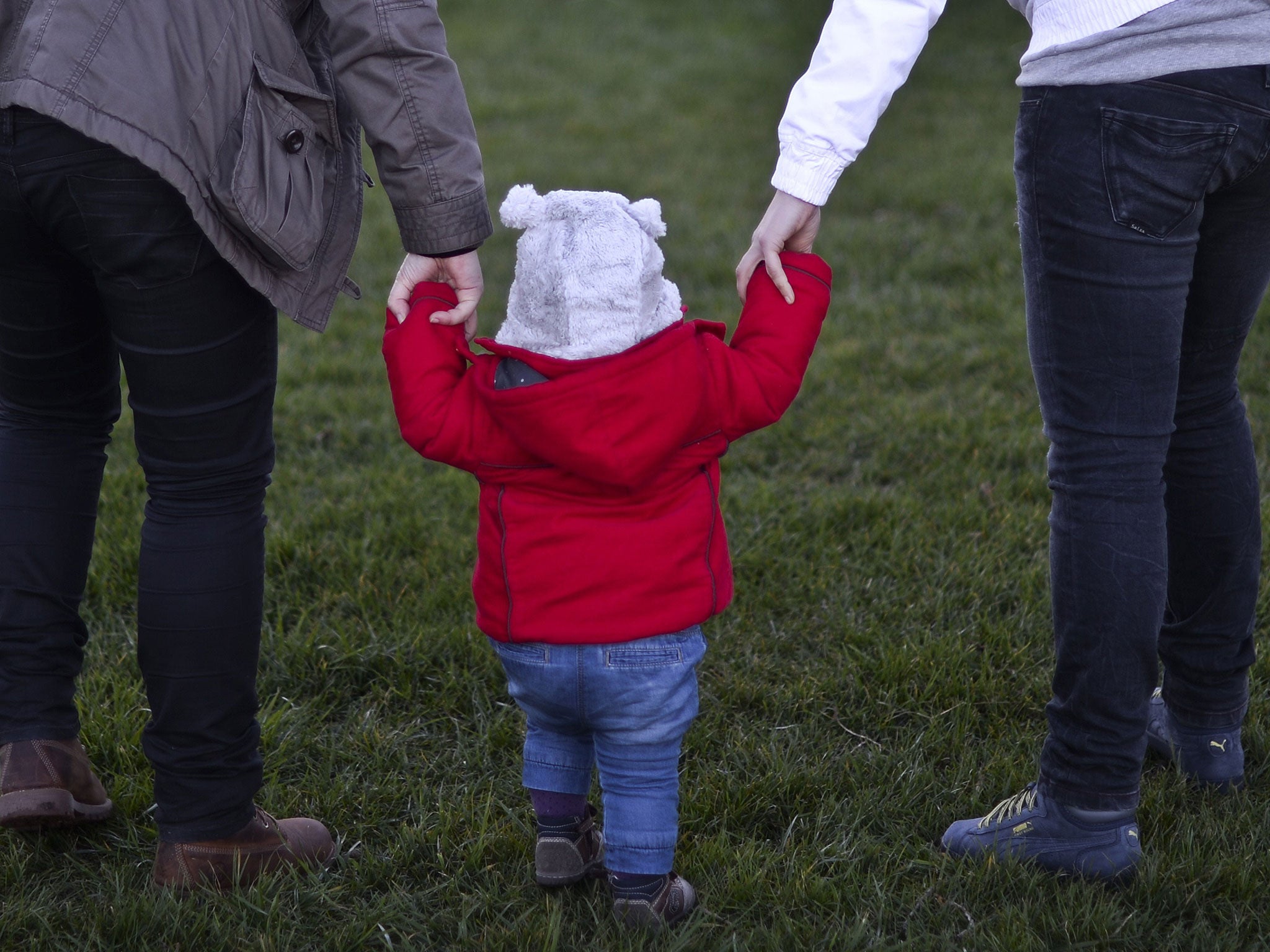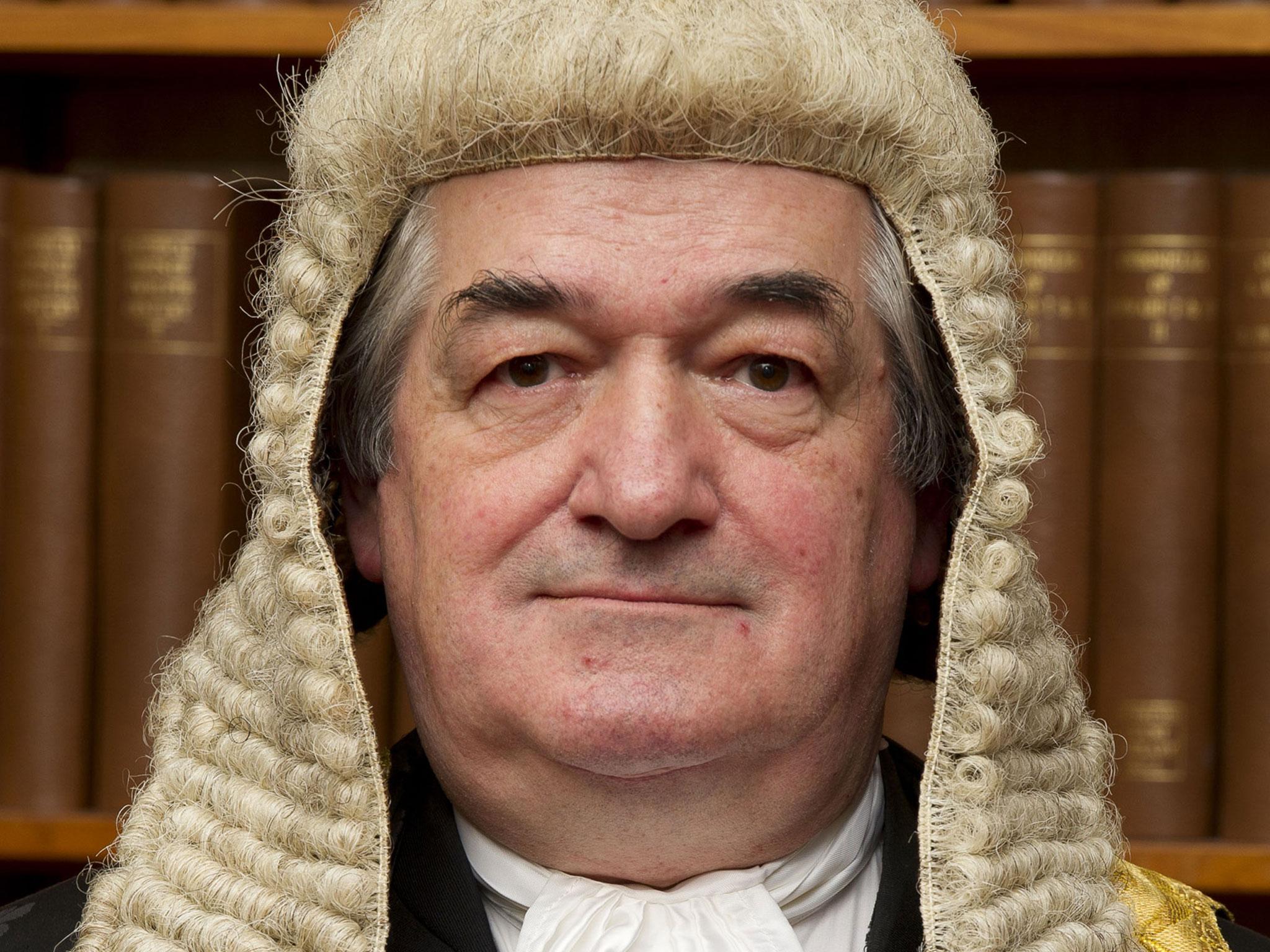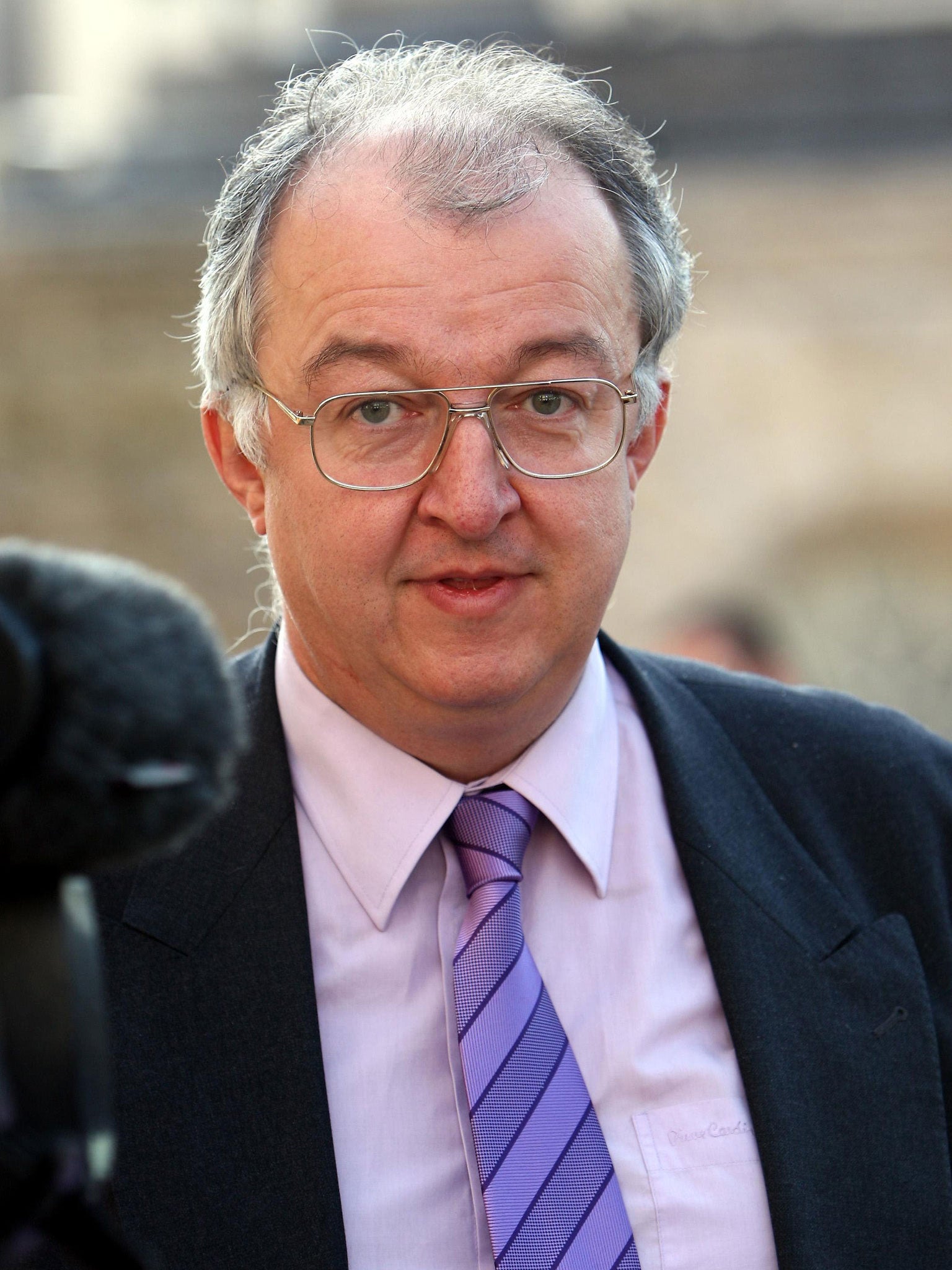2,700 babies under the age of one were placed in council care last year
Campaigners argue 'worrying' new figures are a result of Government pressure on social workers to raise adoption numbers

Your support helps us to tell the story
From reproductive rights to climate change to Big Tech, The Independent is on the ground when the story is developing. Whether it's investigating the financials of Elon Musk's pro-Trump PAC or producing our latest documentary, 'The A Word', which shines a light on the American women fighting for reproductive rights, we know how important it is to parse out the facts from the messaging.
At such a critical moment in US history, we need reporters on the ground. Your donation allows us to keep sending journalists to speak to both sides of the story.
The Independent is trusted by Americans across the entire political spectrum. And unlike many other quality news outlets, we choose not to lock Americans out of our reporting and analysis with paywalls. We believe quality journalism should be available to everyone, paid for by those who can afford it.
Your support makes all the difference.More than 2,700 babies under the age of one were taken into local authority care last year, with 1,200 removed from their parents at less than a week old, new figures show.
A further 6,070 children between the ages of one and four were also placed in council care in 2015 – and of those two-thirds were adopted.
Ex-MP John Hemming, who chairs the Justice for Families group, says the figures are a direct result of Government pressure on social workers to increase the number of adoptions. He argues the policy is a major cause of what a senior judge referred to on Monday as a “clear and imminent crisis” in the family court system.
Sir James, the president of the family division, issued the warning to say the number of child care cases going through the courts was approaching unmanageable levels.
He said family courts in England and Wales was now dealing with about 15,000 cases a year compared with an annual average of fewer than 7,000 before the Baby Peter neglect scandal of 2007.

Sir James said an urgent examination of the causes was “desperately needed” but added: “There are, in principle, three possible causes for the increase: (1) that the amount of child abuse/neglect is increasing; (2) that local authorities are becoming more adept at identifying child abuse/neglect and taking action to deal with it; (3) that local authorities are setting more demanding standards – in other words, lowering the threshold for intervention.
“I do not believe that child abuse/neglect is rising by 14 per cent, let alone 20 per cent a year. So this cannot be the sole explanation.”
He added: “It follows that changes in local authority behaviour must be playing a significant role.”
Mr Hemming, who has long campaigned about the way many young children are taken into care, welcomed the judge’s comments.
“I am pleased that it is now recognised that the decisions made by local authorities need looking at,” he said.
“This should have happened many years ago. I have been worried for years that many babies were unnecessarily taken into care and harmed as a result.”
He said official figures showed the total number of children taken into care has risen from 5,500 in 1995 to 10,790 in 2015, a 96 per cent increase.
He said: “We are worried that part of the cause of the concentration on younger children is because of the Government pressure to increase adoption numbers.
“This has caused local authorities to give more attention to cases involving younger children.
“The majority of children adopted from care are between one and 4 years old.
“In 2015, 66 per cent of those children left care through adoption.
“Hence a child taken into care as a young baby is likely to end up adopted. This keeps Ofsted and the ministers happy as the adoption statistics are high. The management pressure for adoption is particularly strong.“

The decision to speed up the adoption process for prospective parents and young children was one of the early flagship policies of the Coalition government of 2010.
David Cameron and then Education Secretary Michael Gove, who was himself adopted when young, personally spearheaded the reforms.
In a speech in 2012, Mr Gove said: “Taking a child into care is not a failure on the part of social workers - but leaving children at risk of neglect or abuse is something none of us should wish to encourage.
Understandably, social workers do everything they can to keep families together. And, understandably, they fear being branded child-snatchers, do-gooders or anti-family if they initiate care proceedings.
But it is far better if social workers follow their instincts to intervene and rescue rather than acquiesce in abusive or neglectful parenting in the hope things will improve.
“So let me underline this. We in Government will back social workers who take children into care.”
However, Mr Hemming believes removing babies from their mothers and placing them with foster families carers can cause some children to suffer psychological attachment disorders, which can trigger behavioural problems later in life.
He said: “A proper study to work out when and if children should be taken into care is decades overdue. The secrecy of the family courts has prevented this from being recognised until Sir James' recent statement.”
In March, the Government announced a £14 million investment plan for local authorities to encourage the placement of toddlers in care with foster parents who are also willing to adopt them.
The Government believes its plan will minimise delays.
Subscribe to Independent Premium to bookmark this article
Want to bookmark your favourite articles and stories to read or reference later? Start your Independent Premium subscription today.
Join our commenting forum
Join thought-provoking conversations, follow other Independent readers and see their replies
Comments